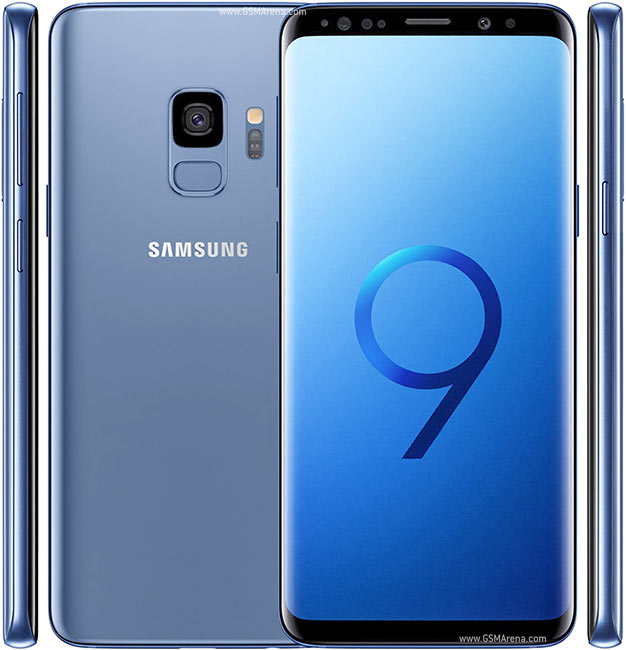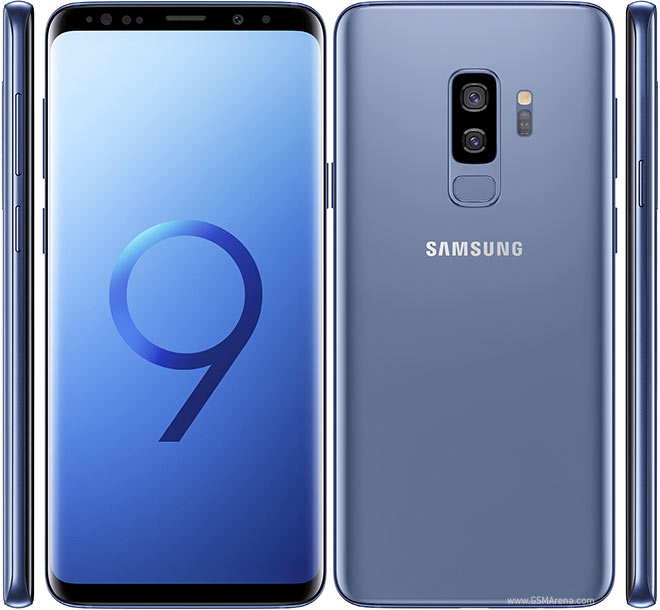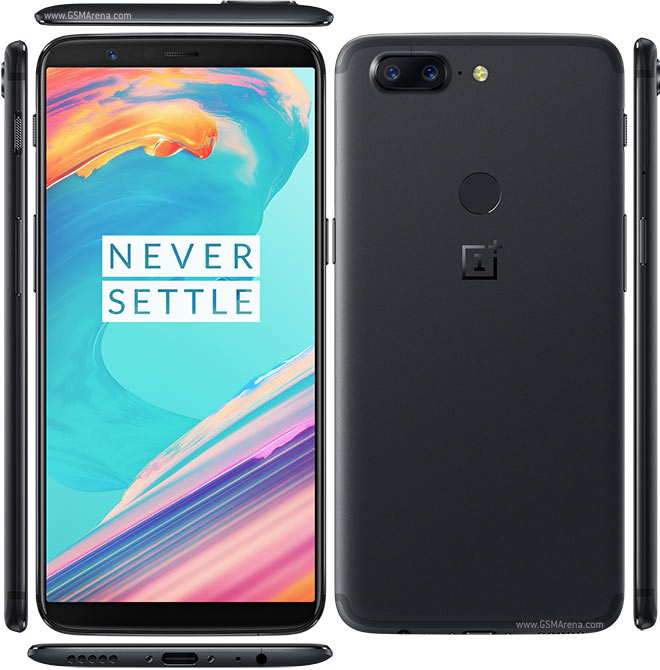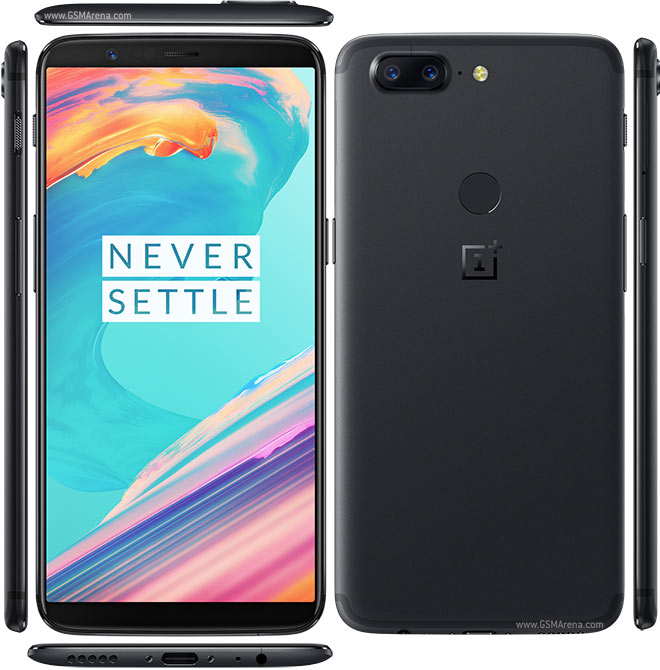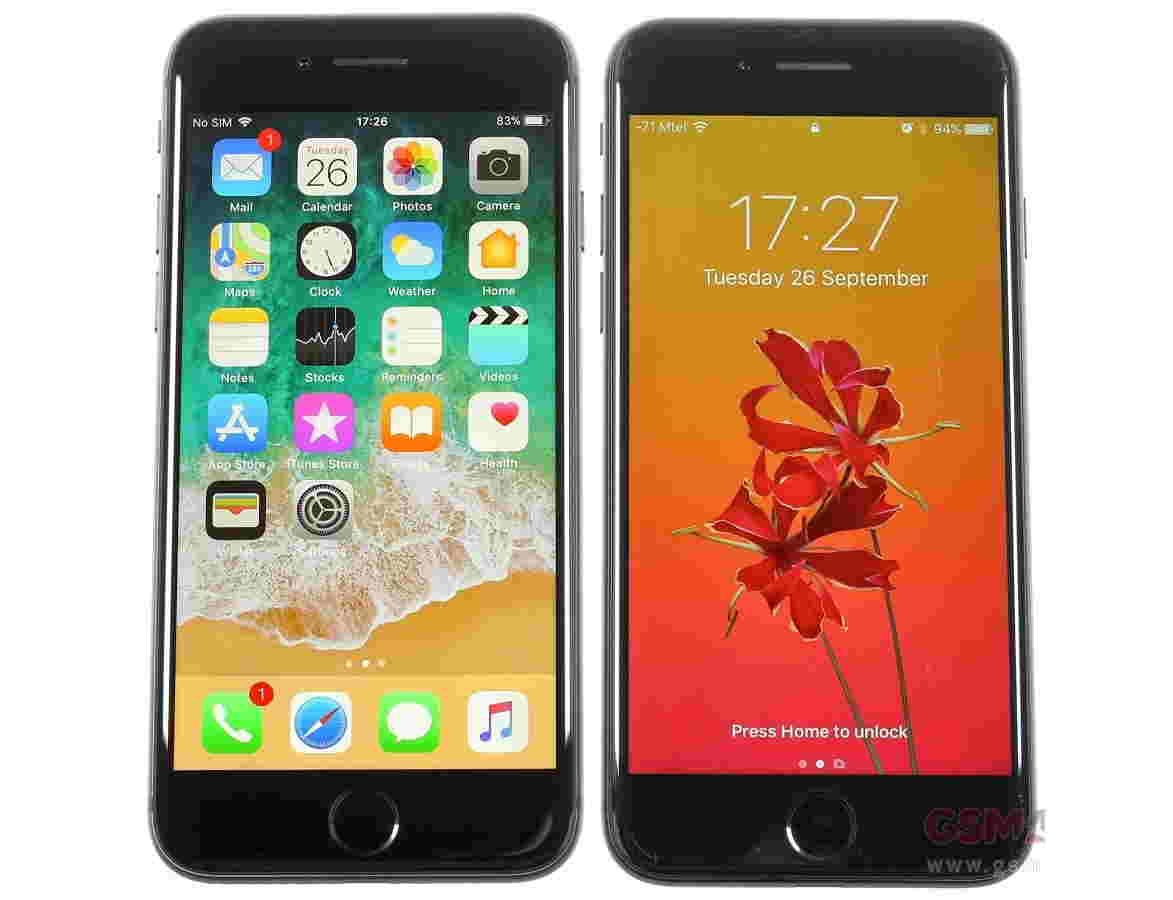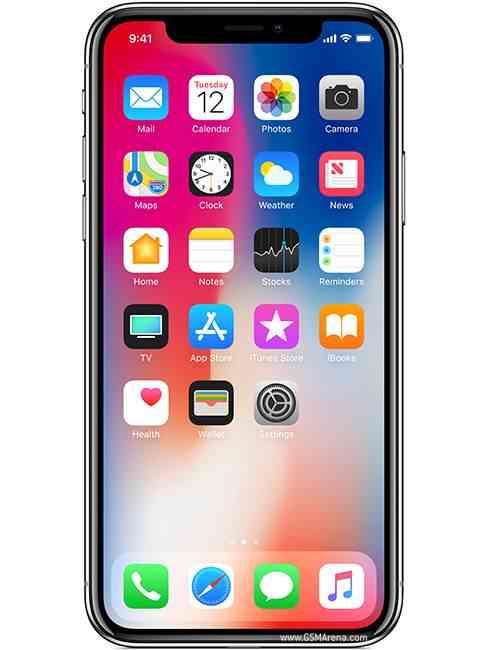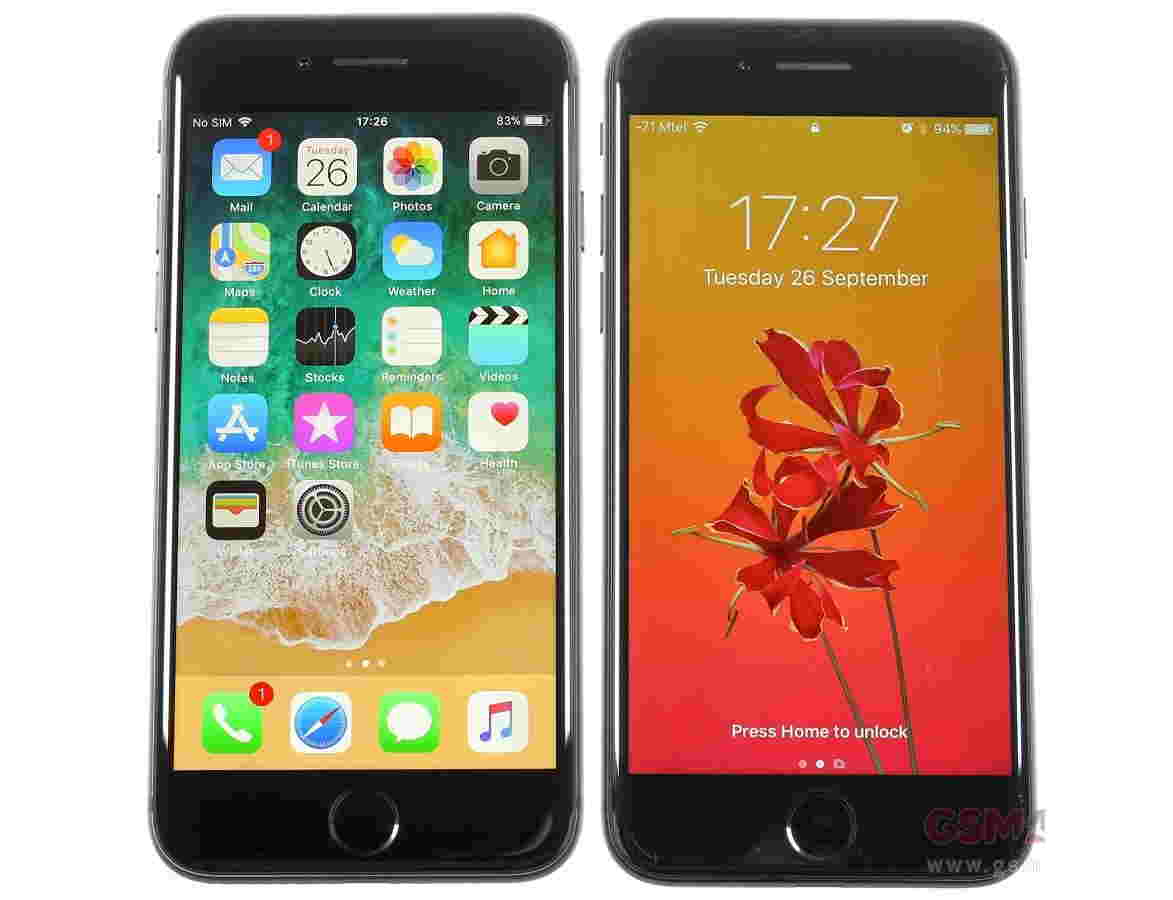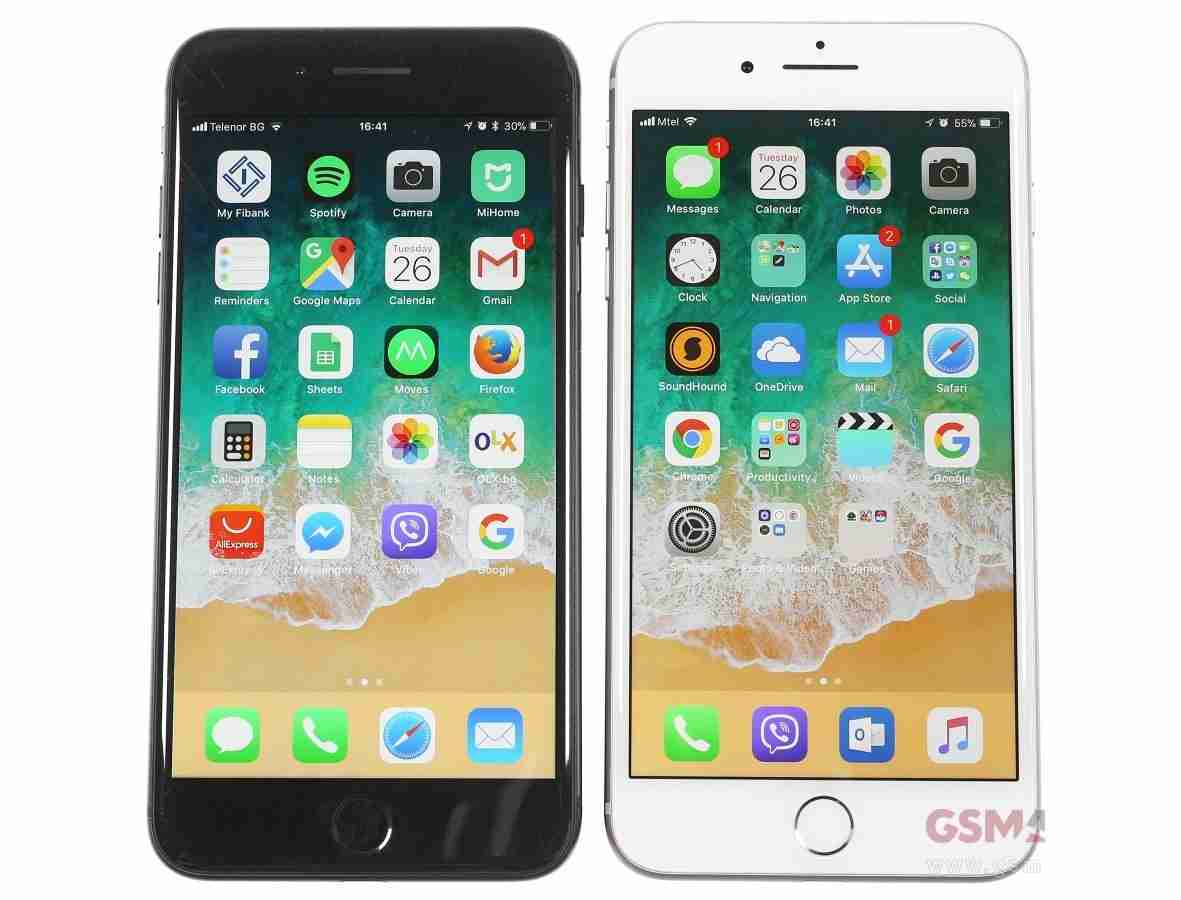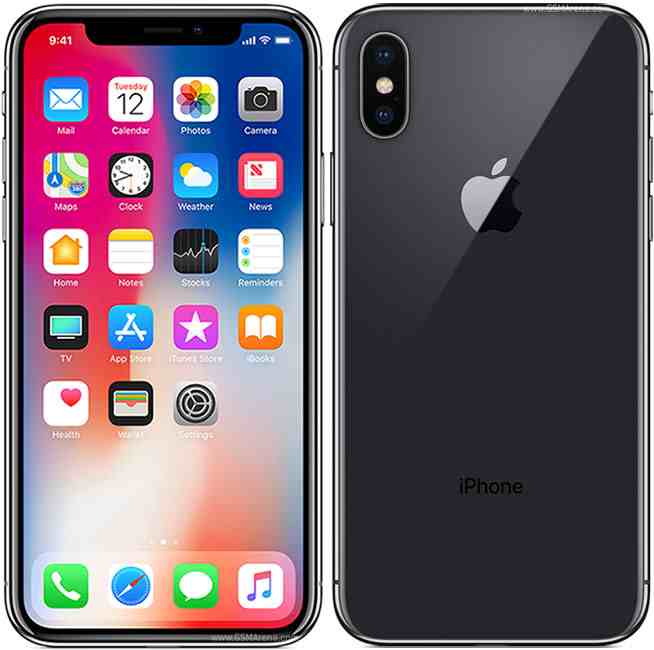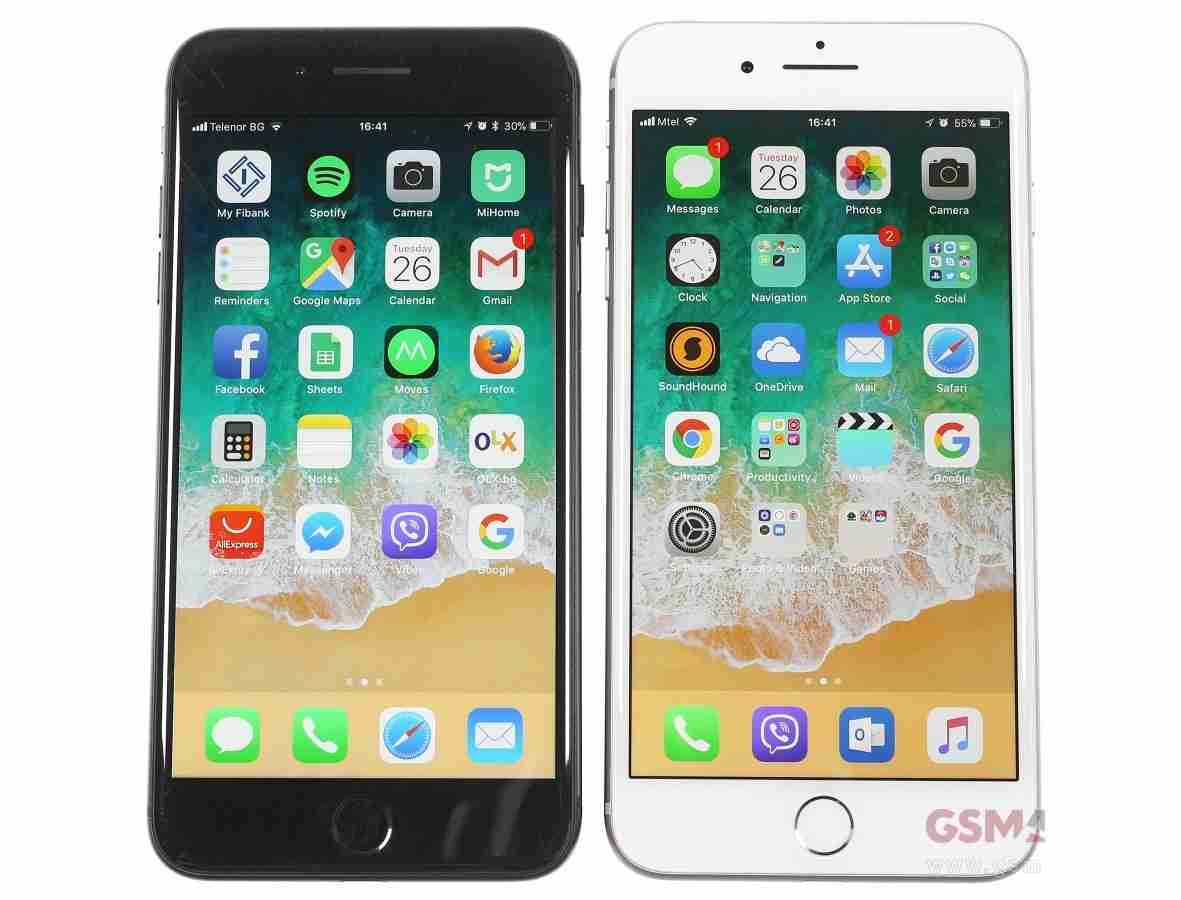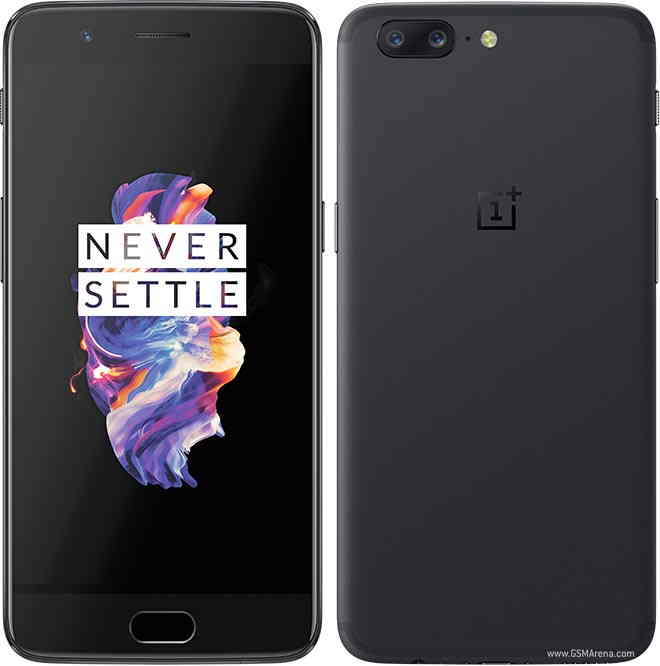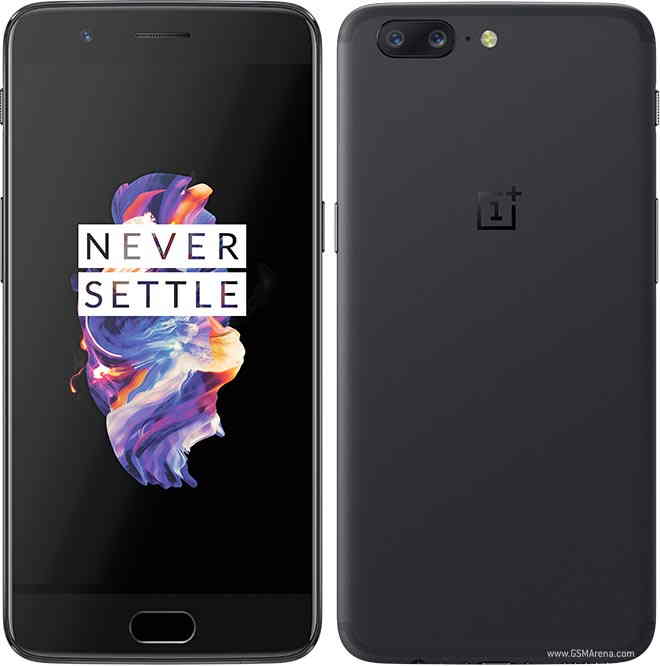
Remember Palm? If you're under the age of 30 then you'd be forgiven for answering in the negative to that question; one of the most famous companies to work in the field of Personal Data Assistants (basically smartphones before smartphones were a thing), Palm created the first affordable PDAs and even branched out into the realm of phones once the iPhone and Android kickstarted the smartphone revolution.
However, the company had lost too much ground to its rivals and was taken apart by HP in 2010. Chinese company TCL – the same firm that makes BlackBerry's phones these days – ended up owning the name, and has now made efforts to revive the brand along with San Francisco designers Howard Nuk and Dennis Miloseski.
Working alongside American network provider Verizon, this core team has crafted a tiny handset which is intended to be a companion for your 'full fat' device. Using Verizon's Verizon's NumberShare service – which has previously been utilised to sync smartwatches to your main smartphone – the new Palm is capable of 'going where your main phone can't', according to the company.
It's rocking a Qualcomm 435 eight-core CPU with 3GB of RAM and 32GB of storage, and has an 800mAh battery which is good for a day of use. You also get a 12-megapixel rear camera and eight-megapixel front camera, as well as Android 8.1 – which means you have access to the full suite of Google Play apps. All of this is contained within a waterproof shell that's small enough to hang around your neck. The display is a tiny 3.3-inches.
Palm is aiming the device at a previously uncharted middle-ground between smartphones and smartwatches, which – on paper, at least – isn't actually as silly an idea as you might think. Both Google and Apple are building features into their phones which show just how much time you're wasted starting at them, so the concept of a device which actively discourages prolonged use could strike a chord with many jaded mobile users.
However, the initial reaction to the $349 handset – which arrives in November – has been mixed. Social media posts have sprung up questioning why exactly a smaller phone would be a good idea for those who want to avoid using their phone entirely, while others have commented that the handset's tiny size and dependency on Verizon's NumberShare service limit its appeal to a mass market.
Given that the adoption of smartwatches has been a relatively painful exercise for anyone but Apple, it's hard to see Palm's offering securing a sizeable market share, and we'd suspect that this time next year, it will be largely forgotten – and that's a shame, because if there was a company that deserves a proper revival, it's Palm.






